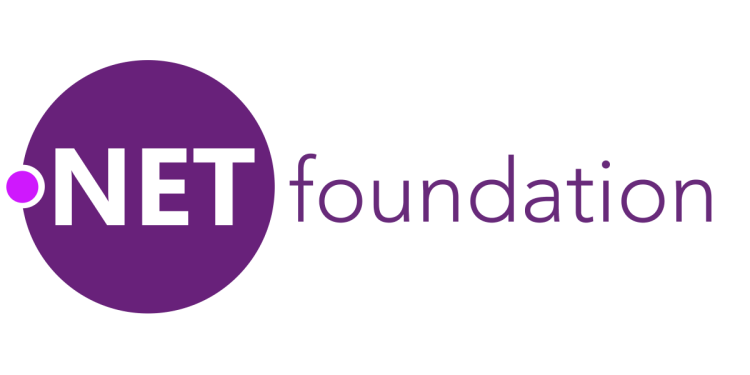At its Microsoft Connect(); 2018 virtual event today, Microsoft made some open source announcements, as is now common at the company’s developer shindigs. Microsoft open-sourced three popular Windows UX frameworks on GitHub: Windows Presentation Foundation (WPF), Windows Forms, and Windows UI XAML Library (WinUI). Additionally, Microsoft announced the expansion of the .NET Foundation‘s membership model.
The open-sourcing of WPF, Windows Forms, and WinUI means developers can contribute new features back to each framework, debug and fix issues that impact their apps, build a private copy of the UI stack, and of course report bugs and other issues.
WPF isn’t being completely open-sourced immediately — Microsoft says it is starting with some smaller components first (System.Xaml) — but Windows Forms and WinUI are fully open source starting today.
.NET Foundation
Starting today, the governance, participation, and projects of the .NET Foundation are open to anyone in the open source community. Microsoft is letting members of the community directly guide foundation operations.
June 5th: The AI Audit in NYC
Join us next week in NYC to engage with top executive leaders, delving into strategies for auditing AI models to ensure fairness, optimal performance, and ethical compliance across diverse organizations. Secure your attendance for this exclusive invite-only event.
(Speaking of .NET, Microsoft today released Visual Studio 2019 Preview 1, .NET Core 2.2, and .NET Core 3.0 Preview 1.)
At its Build 2014 developer conference, Microsoft created the .NET Foundation, a group for overseeing the open-sourcing of .NET. In March 2016, Microsoft formed the Technical Steering Group to share the direction of .NET’s core components with other companies and interested parties. Unity, JetBrains, and Red Hat joined the foundation at that point, and Samsung followed in June. In November 2016, Google joined the .NET Foundation, at which point hell completed its process of freezing over.
In addition to existing members, the .NET Foundation today welcomed Pivotal, Progress Telerik, and Insight Enterprises. The board is expanding from three seats to seven, including a member appointed by Microsoft. Board elections will begin in January.
Microsoft promises that anyone who has contributed in any way to any .NET Foundation open source project is eligible to vote. The hope is that this new structure will help the .NET Foundation scale to meet the needs of the growing .NET open source ecosystem.
Microsoft made other open source announcements at today’s event. Along with Docker, Microsoft announced an open source, cloud-agnostic specification for packaging and running distributed applications called Cloud Native Application Bundle (CNAB). Microsoft donated Virtual Kubelet, an open source application that makes it easier for developers to connect a Kubernetes node with other services, to the Cloud Native Computing Foundation (CNCF). And finally, Microsoft open-sourced Open Neural Network Exchange (ONNX) Runtime, a high-performance inference engine for machine learning models.

